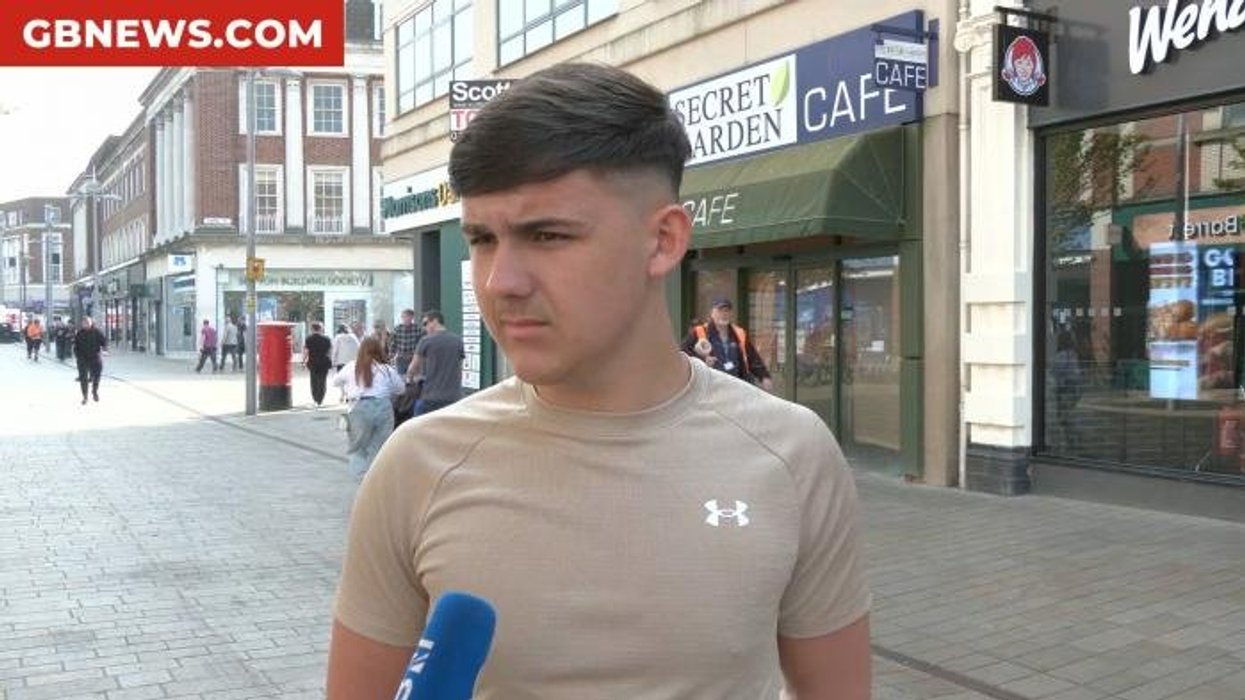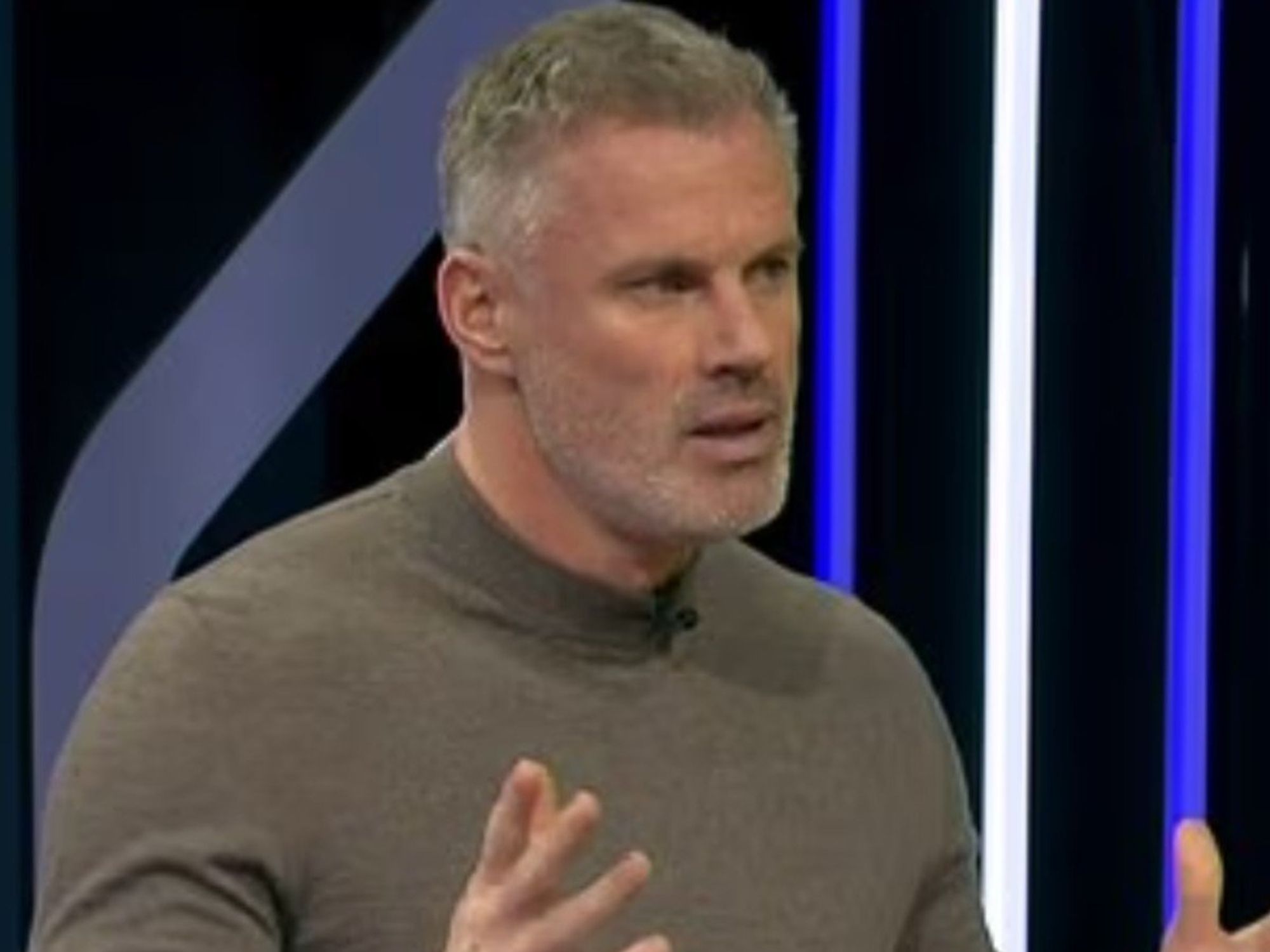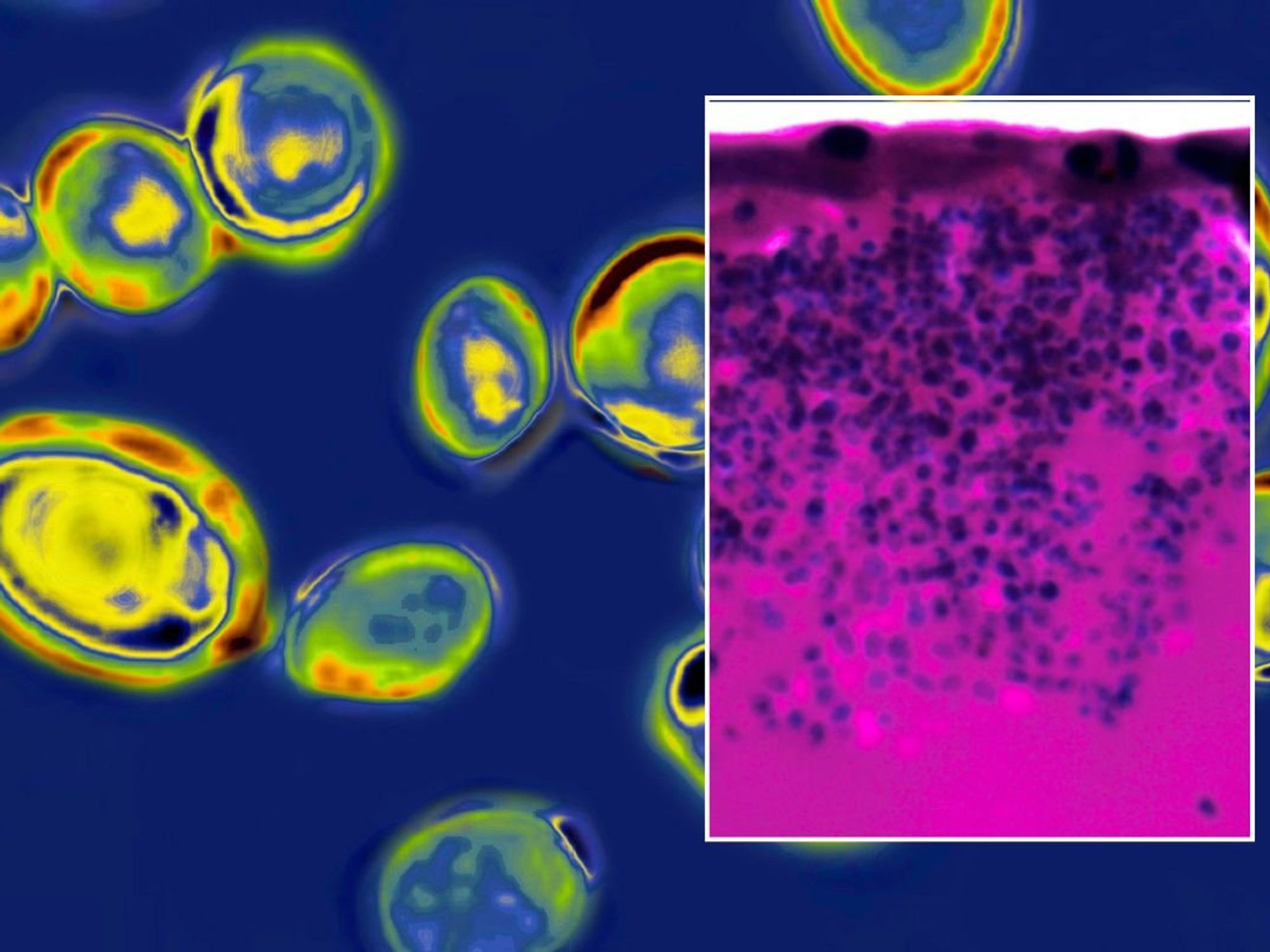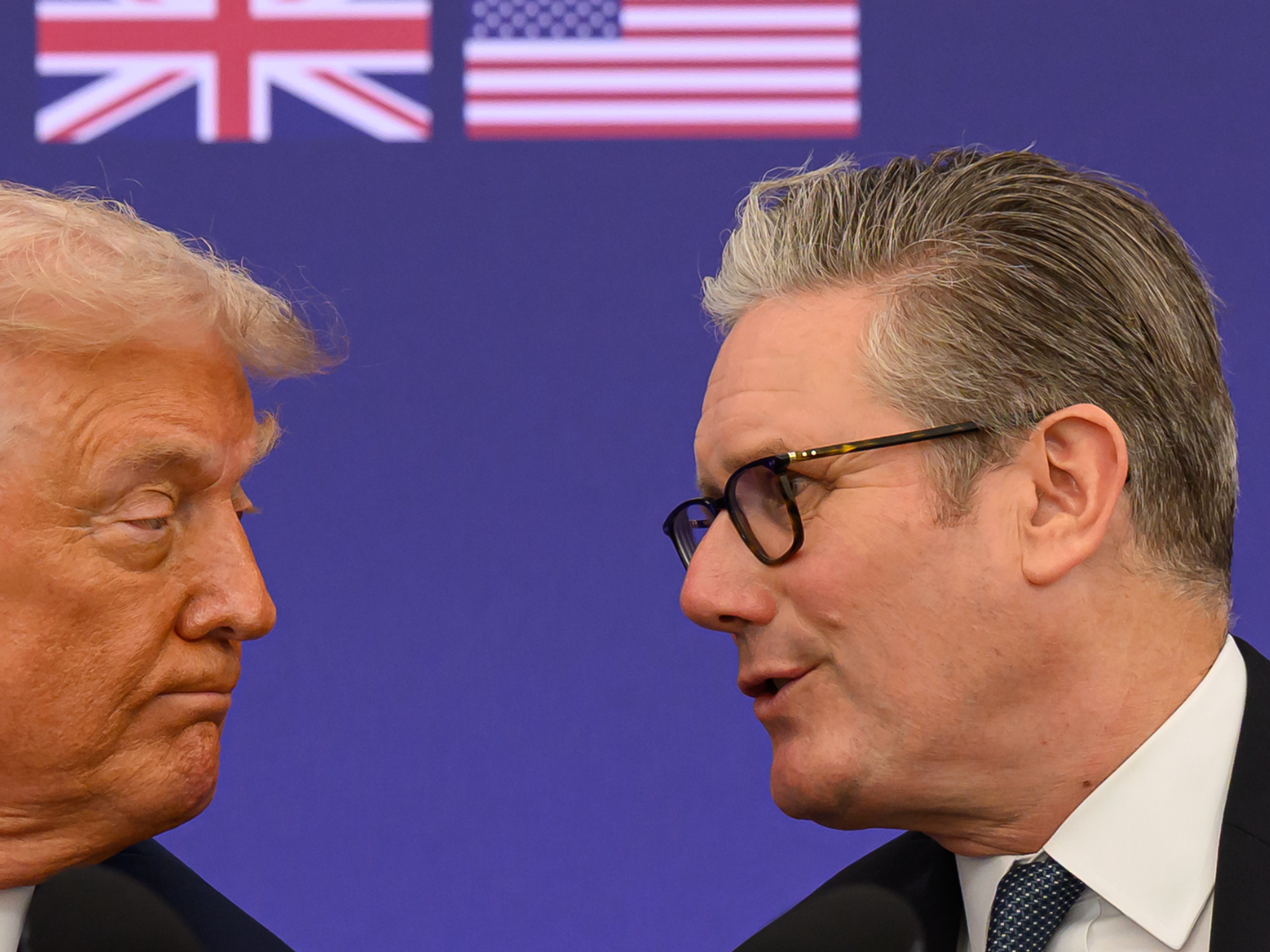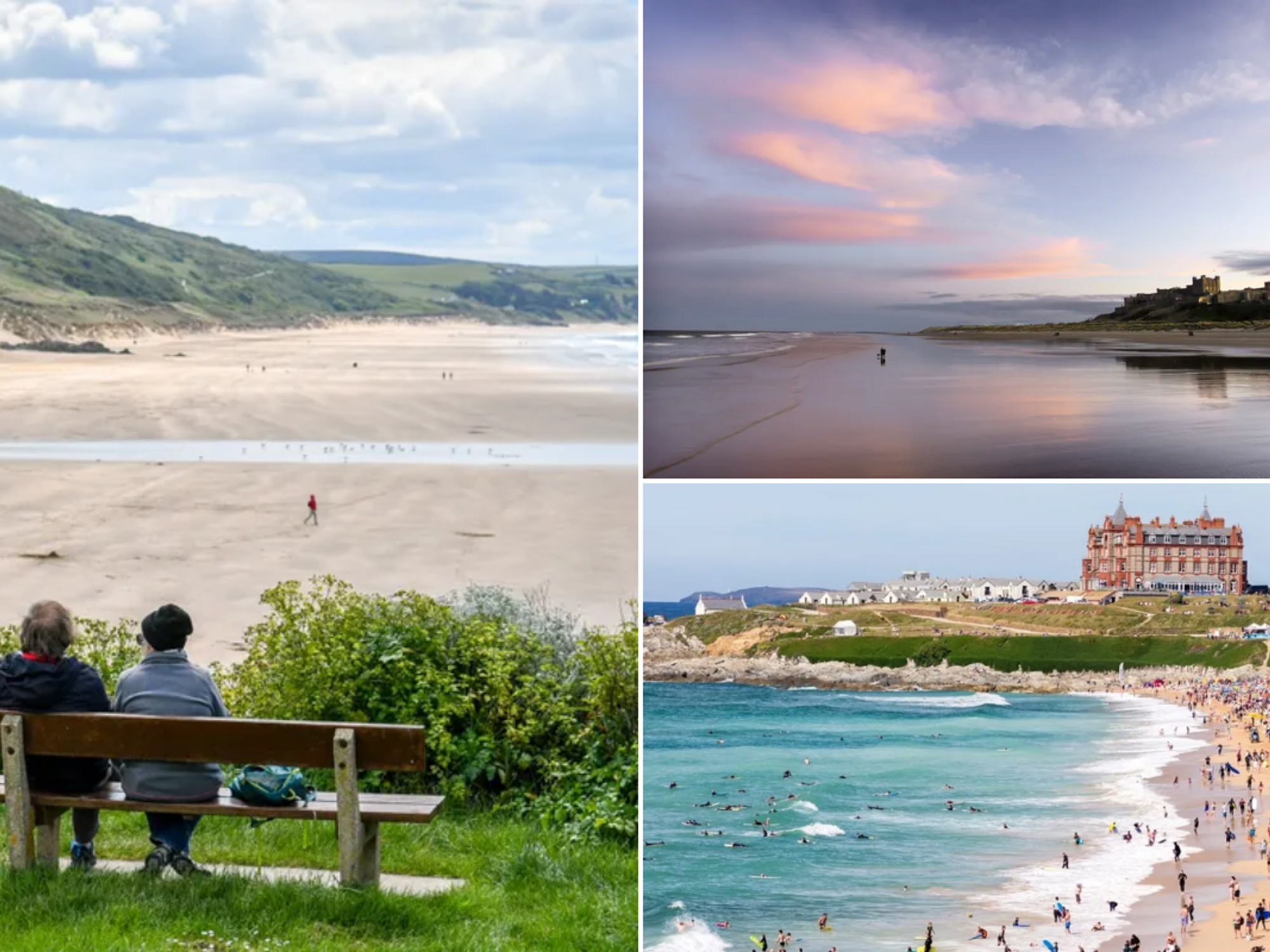Starbucks trials clever trick to keep coffee sweet without using any sugar

Starbucks replaced its default beans to sell less calorific drinks
Don't Miss
Most Read
Starbucks quietly tested a new way to make its drinks taste sweeter without adding extra sugar, in hopes that most customers never noticed.
The three-month experiment ran between May and August 2024 and used naturally sweeter coffee beans to cut back on syrups and sauces.
The three-month trial used blonde roast beans instead of its standard espresso roast, allowing baristas to prepare popular drinks with reduced sugar content.
The chain replaced its default espresso beans with a lighter "blonde roast" to cut sugar without altering flavour. A mocha made with the blonde roast contained an average of 14.5 fewer calories and 3.3g less sugar.
The hospitality sector is bracing for new anti-obesity rules expected to target restaurants, takeaway outlets, coffee shops and bakeries.
Think tank Nesta, which advised Starbucks during the trial, believes similar calorie-reduction strategies across the wider coffee sector could produce economic benefits worth £100million through higher workforce productivity and lower NHS spending on obesity-related care.
Nesta is expected to help the Government shape the next stage of policy.
Dr John Barber, deputy director of healthy life at Nesta, said the success at Starbucks may seem "modest on an individual basis, but if the wider coffee sector were to adopt similarly simple, scalable changes, our analysis shows there is potential to unlock significant benefits in improved health".
He added that "this trial provides compelling, real world evidence that subtle changes to improve people's health can be acceptable to customers and viable for business".
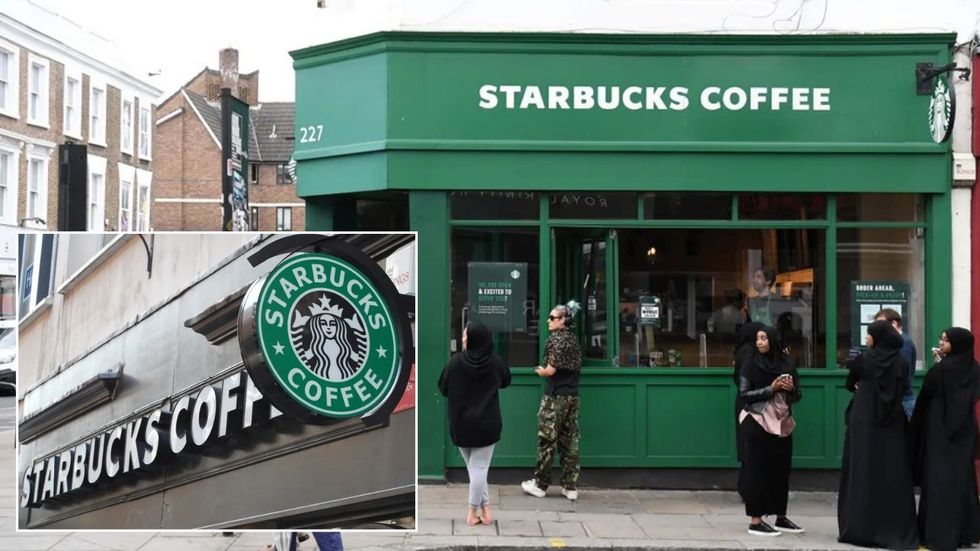
Starbucks trials very clever trick to keep coffee sweet while dodging new sugar tax
| PAThe findings come as the UK government prepares to crack down on sugary drinks, sweets and treats to tackle a rising obesity crisis in the UK.
Labour has already confirmed that supermarkets will be fined if they fail to cut 100 calories from the average shopping basket, and similar requirements are widely expected to be extended to restaurants, fast food chains, coffee shops and bakeries.
Ministers have not yet confirmed menu targets, but restaurant bosses anticipate rules mirroring those for supermarkets and requiring businesses to track calories, fat, sugar and salt sold to customers.
The plans form part of Wes Streeting’s 10-year strategy to improve the nation’s health. He has warned that without action, the rising cost of obesity-related care risks making the NHS "unsustainable", with obesity currently costing the health service £11billion a year.
The push to reform recipes comes ahead of a second regulatory threat. Chancellor Rachel Reeves is preparing to remove the long standing dairy exemption from the Soft Drinks Industry Levy, a shift critics have labelled a milkshake tax.
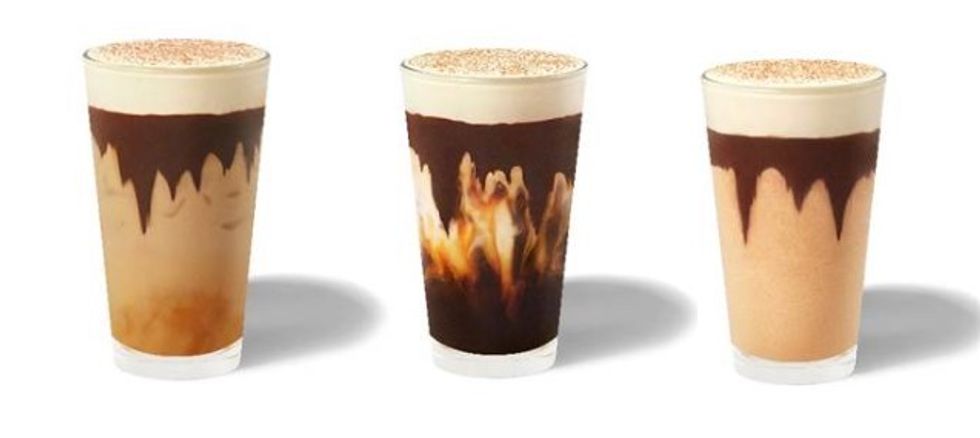
Nesta, the think tank that supported Starbucks during its calorie reduction trial
| StarbucksThe levy currently applies to drinks such as Coca Cola and Pepsi but not to sweetened milk based beverages. The planned change would extend the levy to frappés, flavoured lattes, sweetened dairy alternatives and other milk based drinks, raising an estimated £100million a year from April 2027.
Shadow Chancellor Mel Stride criticised the move and said it would see "businesses that played by the rules punished all to save Rachel Reeves's skin".
Industry groups say the combination of calorie rules and a milkshake tax represents a major financial threat to high street chains and their customers.
Hospitality leaders already warn that businesses are struggling with what they describe as a perfect storm of rising bills. Labour has raised employers national insurance contributions and increased the national minimum wage.
Interest rates remain high and hospitality businesses report that customers are still cutting discretionary spending.
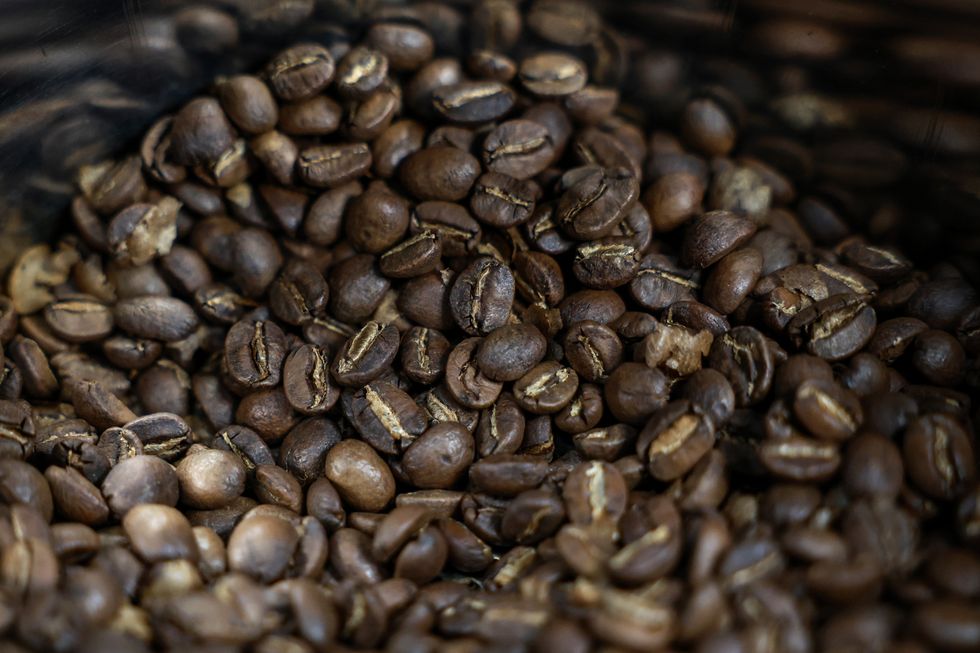
The chain replaced its default espresso beans with a lighter "blonde roast" to cut sugar without altering flavour
| GETTYIndustry analysts say that high margin items such as frappés, seasonal lattes and speciality drinks would be the most financially exposed under the levy.
With households already squeezed by the cost of living, any further price increases risk driving customers away from the high street altogether.
Earlier this year, the Charity The Food Foundation welcomed the consultation but said the government needs to be more ambitious and include food in the sugar tax "if the government is serious about improving diets, our health and the economy".


